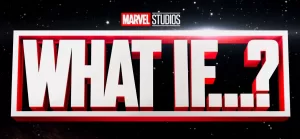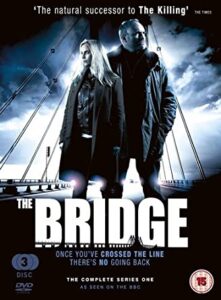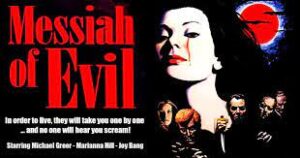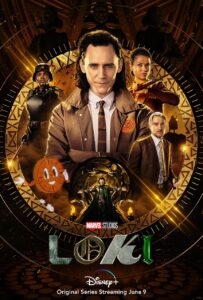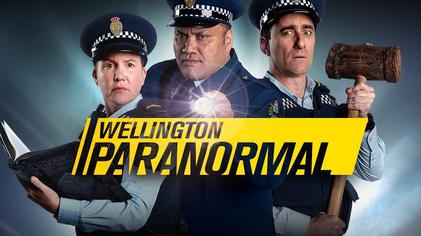When the 80s animated television series G.I. Joe, in reality a 30-minute toy commercial masquerading as entertainment in a recently deregulated space, originally aired I was too old for its key demographic but young enough to enjoy the campy, winking-at-the-camera, fun the show presented. Stalwart heroes and arch-villains can be a hell of a lot of fun in the right context and mindset.
It’s really no surprise that in 2009 I went to and thoroughly enjoyed G.I. Joe: The Rise of Cobra, the first live action attempt to bring the franchise to the silvered screen. That film took liberties with the source material even losing The Baroness’, one of Cobra’s lead villains, delightfully euro-trash accent. That film’s sequel looked half-hearted, and I skipped it.
Now, twelve years later, studios are again interested in reviving the franchise and have started with an origin story for one of the show’s most popular characters, the ninja Snake Eyes.
Henry Golding, a talented and charismatic Malaysian actor, plays the titular character Snake  Eyes. After being orphaned by the murder of his enigmatic father Golding’s Snake Eyes grows to
Eyes. After being orphaned by the murder of his enigmatic father Golding’s Snake Eyes grows to
adulthood as an underground cage fighter until he is recruited by a mysterious patron who promises to deliver his father’s murderer in return for Snake Eyes services as a spy and combatant.
Snake Eyes becomes entangled in a deadly contest within an ancient ninja clan, the Arashikage and is soon torn between his thirst for revenge, his growing bond with the members of the clan, and the realization that forces far greater than his personal grudges are at play forcing him into irrevocable choices that will not only decide his fate but nearly everyone’s around him.
G.I. Joe: Snake Eyes is an enjoyable cartoon of a movie. It is not a film to be taken seriously, though the stakes and emotions are played straight, and the actors involved give the characters real emotional weight. As to be expected there are a lot of ‘set pieces’ or action and martial arts fighting which are marred by an editing that is a little too quick robbing the audiences of stunt performances that need to be fully seen to be fully enjoyed. The films greatest failure comes in the movie’s final act as we follow several groups of character though the near continuous fight for resolution. The fact that it is near continuous is not the issue with fights and the action but rather that each group doesn’t possess a clear goal defined to the audience. In Marvel’s Captain America: The Winter Solider we also follow different characters through a very action-packed final act, but for each set of characters we understand exactly what they are trying to achieve. The Falcon must get the chips into the right slots to realign that craft’s targeting system, Black Widow and Fury have to infiltrate and subvert to command level of SHIELD, now controlled by Hydra, and Captain America must not only get the chips to the right slots like same but must find a way to save his friend Bucky, now the Winter Solider, from Hydra’s brainwashing. BY know their goal the audience knows when the characters have wins that bring them closer and losses that set them back on their heels. In G.I. Joe: Snake Eyes most of the character groups do not have well defined goals so the fights carry less weight, and we are never sure how big any particular win or loss matters and as such are less invested in them.
That said if you enjoy action, martial arts, and stories of betrayal and redemption served with melted cheese then G.I. Joe: Snake Eyes may be a movie for you.
 Still in mourning from the passing of a friend a year prior to the start of the series the four friends engage in crimes to fund their California dreaming escape plan. The plan is upset by the arrival of a new teenage gang and interpersonal conflicts between the series’ protagonists.
Still in mourning from the passing of a friend a year prior to the start of the series the four friends engage in crimes to fund their California dreaming escape plan. The plan is upset by the arrival of a new teenage gang and interpersonal conflicts between the series’ protagonists.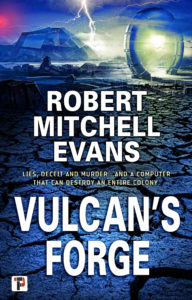 novel is dark, cynical, and packed with movie references,
novel is dark, cynical, and packed with movie references,
